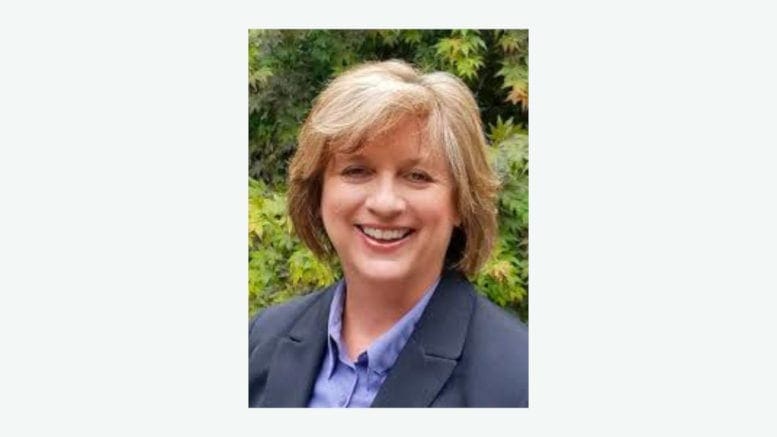By Melanie Dallas, LPC
May is Mental Health Month, an observance that obviously has special meaning for those of us in the mental health field. Indeed, at Highland Rivers Behavioral Health, every month could be considered mental health month, and we work – daily – to reach those in our community in need.
This year’s Mental Health Month theme is, “Where to Start: Mental Health in a Changing World.” Mental Health America, which founded Mental Health Month in 1949, has some excellent resources on its website about where you can start if you want to bolster your personal mental health, as well as things everyone can do to raise awareness of mental health issues in their community.
I think this year’s theme is particularly meaningful – many people struggling with mental health issues don’t know where to start if they want help, and are often afraid to ask. But a vital part of our changing world is the innovative ways our communities are making mental health services more accessible, removing barriers, and giving people a place to start, often without them even having to ask. We are doing this by putting more access points in our communities, taking services to people where they are.
A leading example of this is co-response, which pairs a uniformed law enforcement officer with a licensed mental health clinician to respond to individuals in the community in behavioral health crisis. In a time of crisis, having a therapist in the community, in an individual’s home, provides immediate access to mental health counseling. If referral to a crisis stabilization unit is necessary, it can be done efficiently and quickly – benefiting the individual and the community. Highland Rivers partners with law enforcement agencies in several jurisdictions for co-response programs, including Cobb County, the City of Marietta, Cherokee, Catoosa and Pickens counties, and is working to develop others.
Another example of increasing access points in the community is our APEX school-based programs, in which a licensed mental health counselor partners with a school to identify children in need of extra support. What is makes APEX so effective is that in many cases the therapist can provide counseling for the child right at the school (usually within a private office the school has made available). If the family also needs services, they too can meet with the therapist at the school. APEX makes it convenient for children and families to access mental health services without having to make an extra trip to a clinic. Highland Rivers provides APEX services in more than 50 elementary, middle and high schools in our service area.
Yet another example of enhancing access to mental health services is our partnerships with local emergency departments. In the several hospitals we partner with, a Highland Rivers clinician provides mental health assessments for individuals presenting at the ED with behavioral health needs. Since we began this program in 2016, nearly 50% of all individuals we’ve assessed have been diverted from costly emergency care into more appropriate levels of service at our agency – all because we have been able to provide an access point to mental healthcare when people feel they have nowhere else to turn and go to the ED.
Highland Rivers also partners with mental health and substance use courts, veteran courts and accountability courts in several of our counties to provide additional, efficient points of access to services for individuals whose behavioral health challenges have resulted in involvement in the legal system.
These are just a few examples of how we work across our service area to increase and integrate access to mental healthcare. Of course, none of this would be possible without the cooperation and support of so many community partners – organizations that realize the world is indeed changing, and want to change it for the better by making sure people in need of mental healthcare have many new places to start.
Melanie Dallas is a licensed professional counselor and CEO of Highland Rivers Behavioral Health, which provides treatment and recovery services for individuals with mental illness, substance use disorders, and intellectual and developmental disabilities in a 13-county region of northwest Georgia that includes Bartow, Cherokee, Cobb, Floyd, Fannin, Gilmer, Gordon, Haralson, Murray, Paulding, Pickens, Polk and Whitfield counties.
